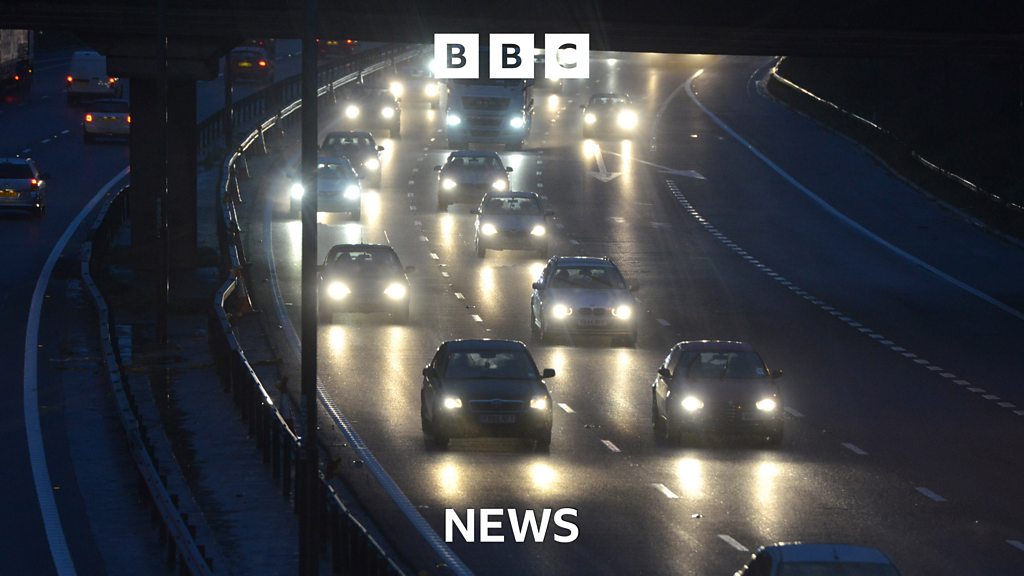I've honestly never thought about it.
We had this new car and were driving at 3am to go to the airport on the A50 and there were only about 4 areas of 200 yards or so where the Cats Eyes were visible, what I also noticed was they were new areas of the road.
Since then I've drove down other roads like Stafford to Stone and once again it's as though the Cats Eyes have been switched off.
Some places installed stupid solar, rechargeable battery powered ones which of course are now broken as these solar lights never last long outdoors. There is a stretch of road in MK which has some, they slowly died until now there are none left working.
Whoever thought these would be better than the old reflective ones is an idiot. They just need to clean them regularly like they used to.
Last edited:


 ) and not triggered a road rage event yet!
) and not triggered a road rage event yet! 
